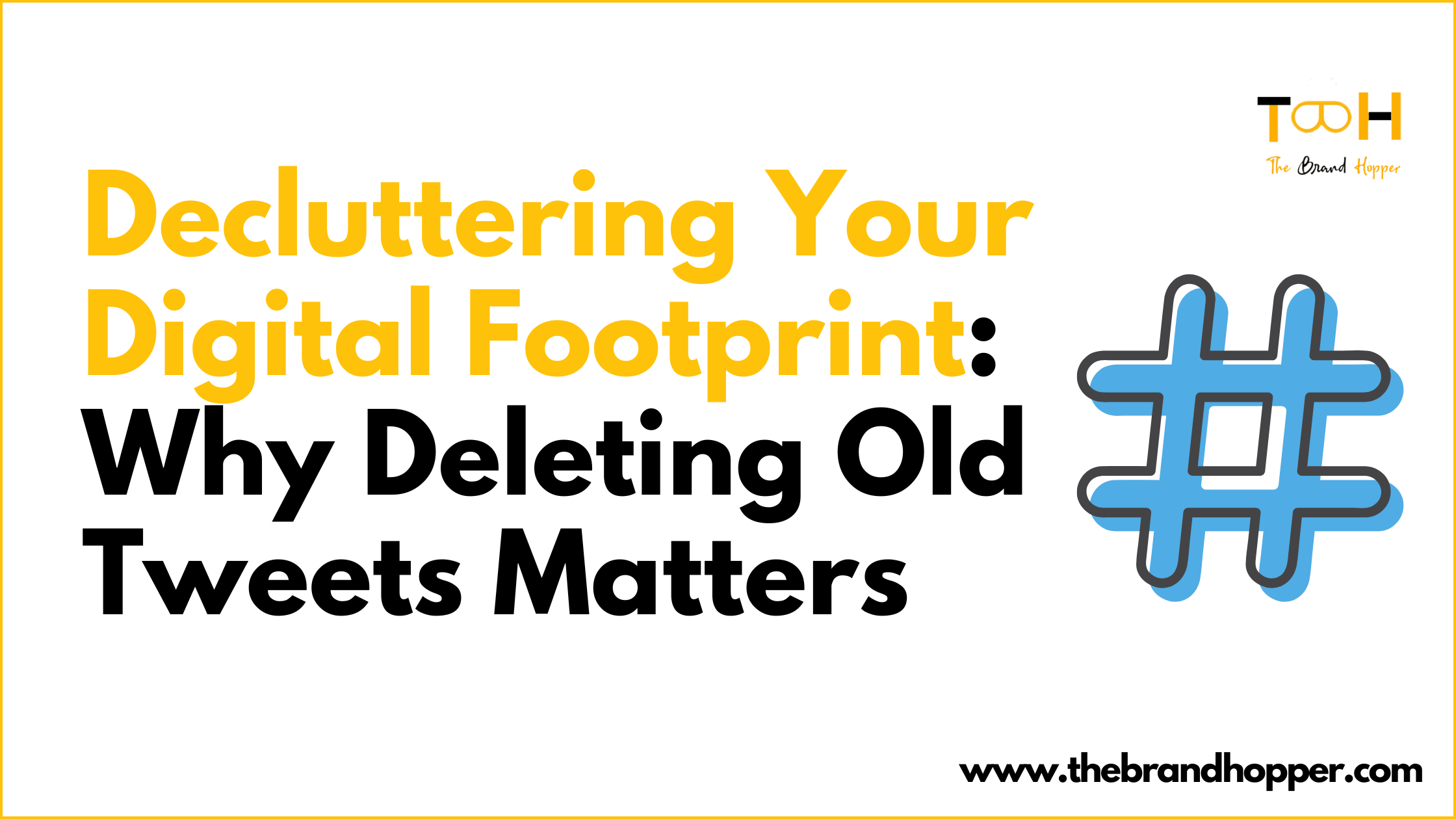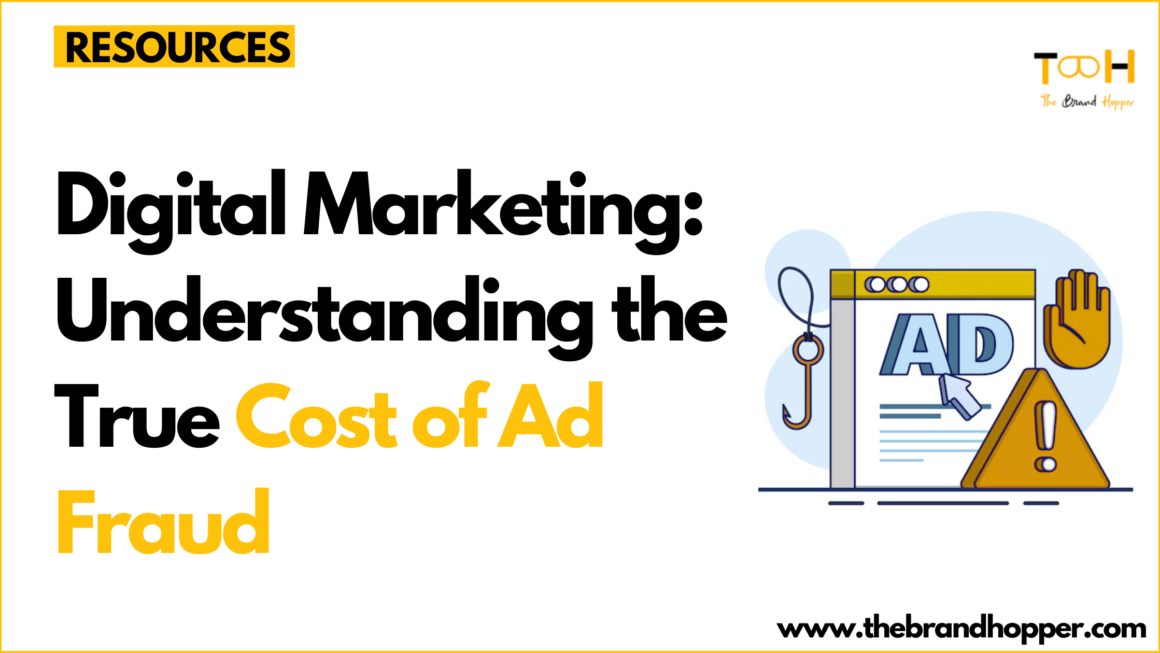The majority of users maintain major digital profiles on social media platforms which include Twitter, Facebook, Instagram and many others. The combination of online content people create forms their “digital footprint.”
A digital footprint that lacks organization tends to grow out of control in much the same way that disorganized personal spaces do. Old social media posts, combined with photos and tweets, will damage your reputation and create problems for anyone who encounters them through the wrong channels.
To reduce your digital footprint and show your best online presence you should consider deleting outdated tweets. This article investigates the advantages of tweet elimination for your digital footprint and presents effective strategies for executing this task.
The Rising Importance of Managing Your Digital Footprint
Your digital footprint begins growing from the moment you sign up for your first social media account or website. Every photo tagged of you, post shared by you or comment you leave builds upon this online record that represents you.
For most internet users, curating or managing their online presence is not a priority. Instead, it tends to be built haphazardly with little oversight.
However, your digital footprint can deeply impact your reputation and how others perceive you, especially for:
- Job seekers. Employers now examine candidate social profiles for hiring decisions in more than 70% of cases. Your prospects for being hired could suffer from any doubtful information on your profiles.
- Students applying to academic institutions. Top universities also factor applicants’ digital footprints into admission decisions when assessing their character.
- Building a personal brand. Online reputations are hugely important for entrepreneurs, authors, bloggers and other professionals who are working to establish a personal brand.
As internet usage continues to grow exponentially each year, awareness of managing digital footprints is finally coming into sharper focus. One highly effective strategy is to delete old tweets or posts that no longer align with your goals or could be misinterpreted.
The message is clear: cultivating and monitoring one’s digital footprint must become a priority in the 21st century.
The Role of Twitter in Your Digital Footprint
Among social networks, Twitter poses unique risks when it comes to digital footprints for several reasons:
- Public nature. The default setting of Twitter accounts makes content accessible to everyone without any restrictions. Users encounter difficulties when attempting to restrict their content from view.
- Permanence. Old tweets remain easily searchable through time because Twitter maintains its real-time platform design, which preserves past tweets for long-term discovery.
- Impulse expression. The short 280-character limit tends to encourage rapid-fire, unfiltered posting without considering how tweets may age.
- Screenshot culture. It’s very easy for controversial, offensive or inappropriate tweets to be captured via screenshots and redistributed outside their original context.
- Youthful indiscretion. Teens and those new to Twitter rarely consider the site’s public nature and permanence before tweeting casually about topics like sex, drugs, and alcohol.
For all these reasons, your Twitter presence likely constitutes the riskiest aspect of your digital footprint—especially if years-old tweets still exist.
The Dangers of Leaving Old Tweets Up
Most Twitter users have probably posted something on the platform in the past that no longer represents their views, values or the image they wish to project.
Unfortunately, many people take a “set it and forget it” approach to social media. Old tweets remain visible unless you take action to manage their visibility over time. Some don’t even realize the tweet archive stretches back years.
These long-forgotten tweets seem harmless—until they unexpectedly resurface one day.
You may have posted tweets as a teenager that seem wildly inappropriate as an adult. Many public figures have been called out over years-old tweets that contained racial slurs, sexist remarks or other offensive language.
In most cases, the intention behind such old posts was just youthful recklessness. The authors matured over the years and likely cringe at their past digital selves.
However, intent doesn’t matter once controversial tweets spread widely. Reputations and careers have been ruined over resurfaced tweet scandals. The internet mob rarely pauses for context and explanation.
Beyond explicit, offensive content, simply posting something you no longer believe or that contradicts your current values also causes issues. Call-out culture on social media means anyone can weaponize your past tweets against you.
For example, author J.K. Rowling faced outrage recently when old tweets of hers conflicted with her current stances on transgender issues.
The point is that even if tweets weren’t scandalous when they were posted, they can easily ignite backlash when views shift. Keeping them public poses needless risks.
Benefits of Deleting Old Tweets
Clearing out older tweets you no longer wish to be associated with provides several advantages:
- Prevents reputation damage. Deleting outdated views, inappropriate jokes, or other tweets prevents them from resurfacing to embarrass you later during job searches, school applications or other sensitive times.
- Shows evolution. We all mature and change perspectives over time. Removing old positions displays that evolution clearly.
- Improves personal branding. Crafting a consistent personal brand across networks is key for executives, thought leaders, creatives and public figures. Deleting stray old tweets aligns better with your brand.
- Makes room for quality. Twitter now allows up to 3,200 tweets in your archive. Clearing old posts gives room to populate it with higher quality and consistent messaging instead.
- Limits risks. Reducing the sheer volume of tweet history minimizes the risk of any single problematic post gaining traction. The less available, the better.
Research on Digital Footprints and Job Seekers
If you’re primarily concerned about your career prospects and online reputation, deleting old tweets carries even greater importance. Let’s review two eye-opening statistics:
- Over 70% of HR managers and recruiters review candidates’ social media posts during the hiring process, with many rejecting candidates over concerning online content.
- Roughly 54% of employers found content on social media that caused them NOT to hire a candidate who otherwise seemed qualified.
Together, these two data points illustrate just how damaging tweets and other social posts can be. In a split-second decision, while reviewing your Twitter feed, any hiring manager could click away from your application forever.
Your digital footprint has become inseparable from your professional reputation. It is essential to prune its unflattering aspects by deleting tweets.
Key Times When Tweet Scrubbing Matters Most
Clearing your Twitter archive might seem like an unnecessary step if you don’t plan to apply for jobs or schools soon.
However, difficult to predict viral scandals can thrust anyone into the spotlight. You never know when the spotlight will shift unexpectedly onto your social history.
With that said, be extra thorough about deleting tweets if any of the following major events are approaching:
- Job searching, especially if changing careers.
- Applying to academic programs.
- Right before major career changes like promotions or job transfers.
- Running for political office or joining a high-profile organization.
- Releasing a book, album or other creative work.
- Prior to public speaking engagements or media interviews.
During major transitional periods, take time to view your posts and wipe the slate. You want your digital footprint alto with this next life stage.
Who Needs to Delete Tweets the Most?
While everyone should monitor their digital footprints, some demographics have more pressing reasons to prune old tweets. These include:
- Students. From applying to colleges to interviewing for first internships, students in high school and college face increased scrutiny around their maturity. Removing childish tweets is essential.
- Young professionals. Recent grads entering the workforce must set a polished tone across social media for recruiting. Early career blunders get documented online easily.
- Aspiring creatives. Comedians, writers, actors and musicians need to cultivate personal brands around their work. Messaging should remain consistent everywhere.
- Public figures. Politicians, journalists, activists and anyone with growing fame must prevent old statements or views from undermining their current credibility.
- Career changers. Those moving into teaching, finance, law or other fields requiring high moral standards face deeper background checks.
Essentially, the earlier in your career, the more imperative it is to sanitize old tweets and craft a professional digital footprint. Initial impressions matter greatly early on.
Bottom Line
With Twitter’s 3,200 tweet capacity, realistically, you should clear out any tweets that are more than 1-2 years old, at a minimum. Beyond this, other guidelines on tweet removal include:
Delete teen tweets before applying for colleges or first jobs. Few teenagers exhibit stellar judgment on social media.
Go back 3-5 years or to the start of your account if you’re entering a new career field like education, government, law or medicine. These fields tend to background check more thoroughly.
Remove tweets from past relationships or friend groups if you now distance yourself from those connections. Don’t let outdated associations linger.
If you aim for greater fame and influence (like authors or activists), consider deleting tweets older than 5 years. Higher profiles invite deeper public scrutiny of your permanent record.
Check tweets against LinkedIn and resume job descriptions. If tweets directly contradict your professional branding, remove them.
Keep in mind that even if you’re happy with a tweet now, you might feel differently in the future as views and careers evolve. Don’t solely focus on deleting clearly problematic tweets. Tweets harmless today may appear unwise later.
To read more content like this, explore The Brand Hopper
Subscribe to our newsletter




